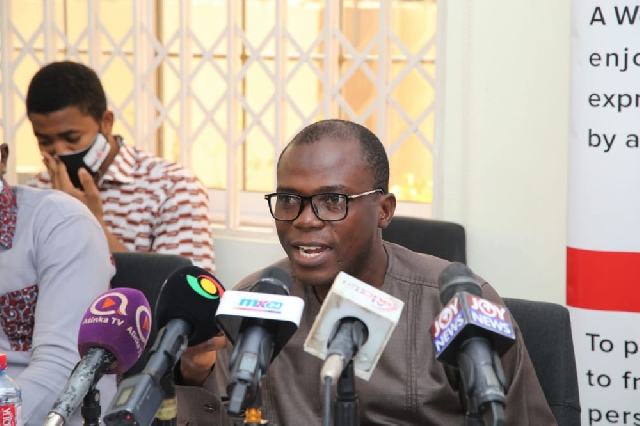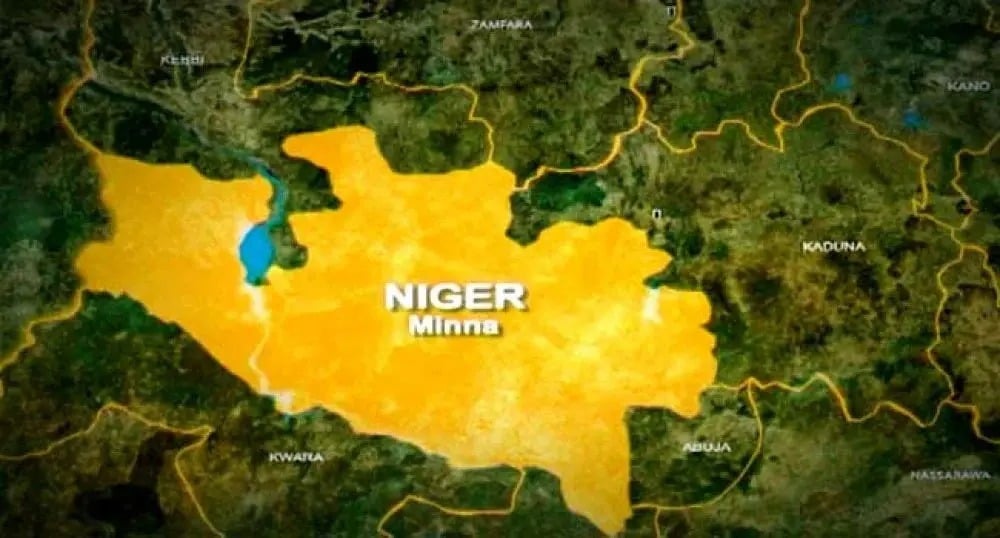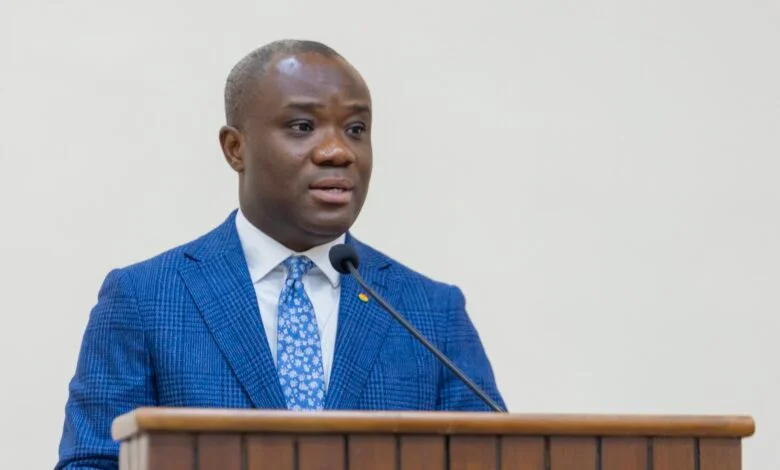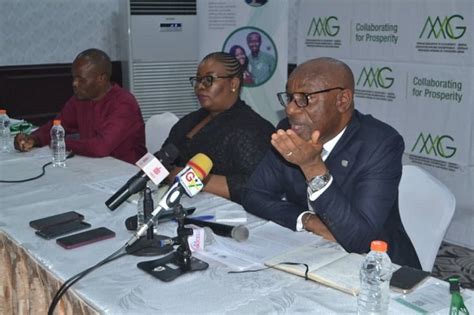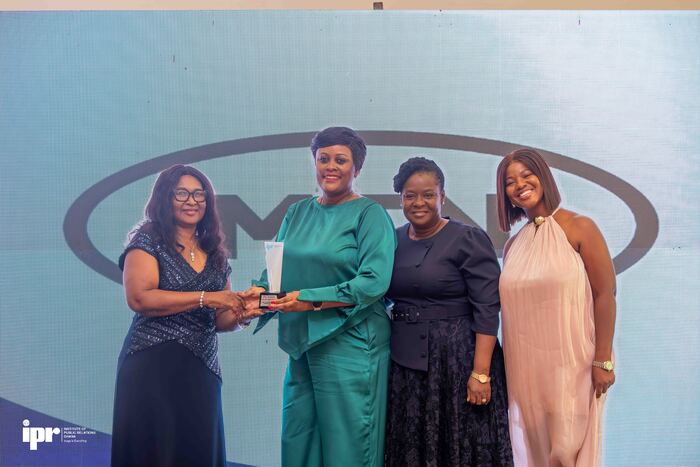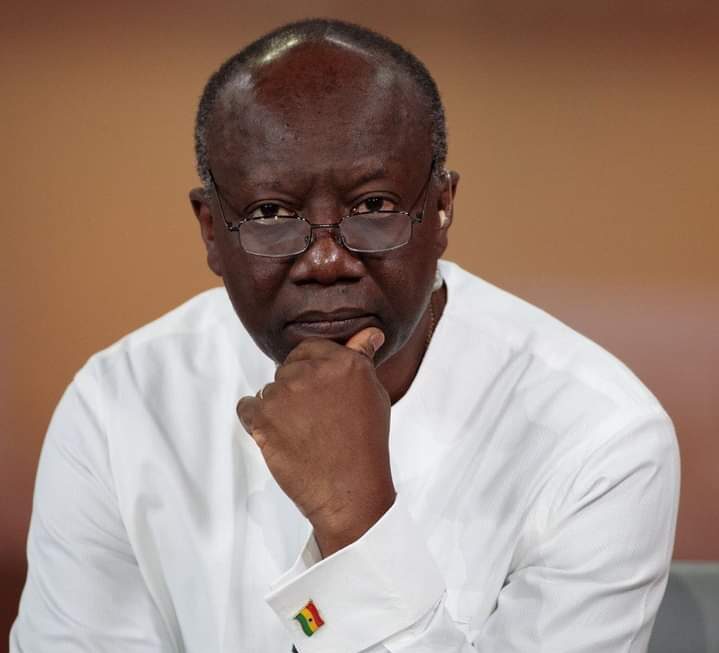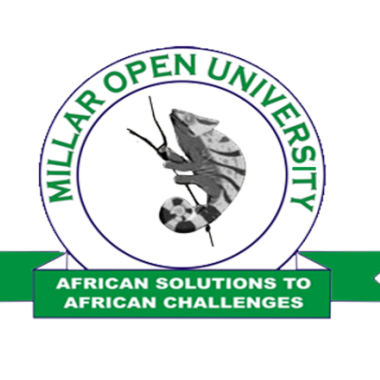In 1990, Professor David Millar, the President of the Millar Institute for Transdisciplinary and Development Studies (MITDS), had a vision to create an Open University. This vision he shared with his wife, Mrs. Lydia Mamata Millar. With great determination, they both acquired a piece of land for the school facility.

Professor and Mrs. Millar worked tirelessly towards their dream, and in 2014, he officially launched the Millar Institute for Transdisciplinary and Development Studies (which he first registered Open University). He became the Foundation President of the Institute and has been its President. He firmly believed that every long journey begins with a first step and that every night ultimately gives way to a new day.
Located in Yikene, a community in the Bolgatanga Municipal, MITDS quickly became known as the first private and Open University in the Upper East Region of Ghana.
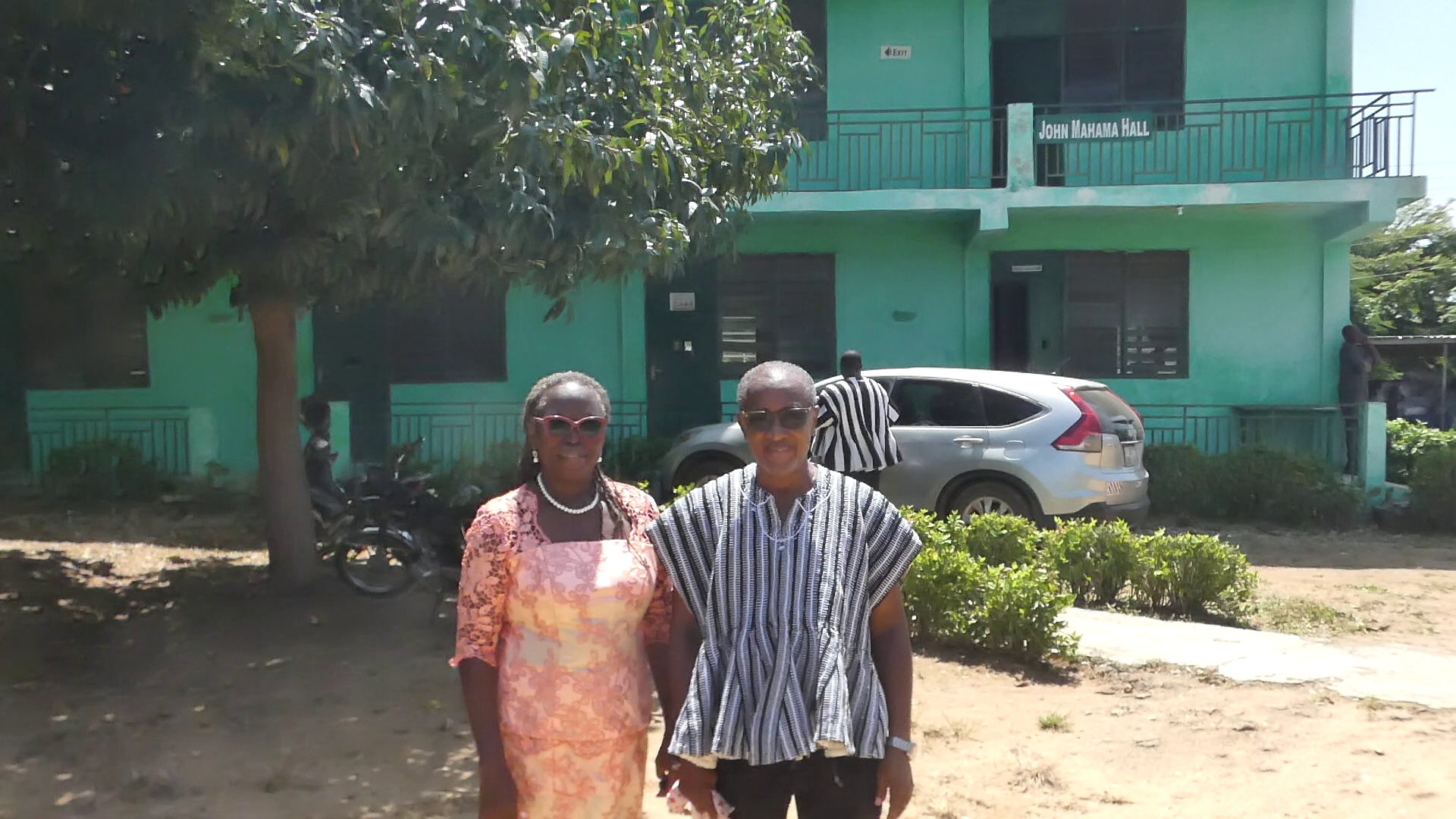
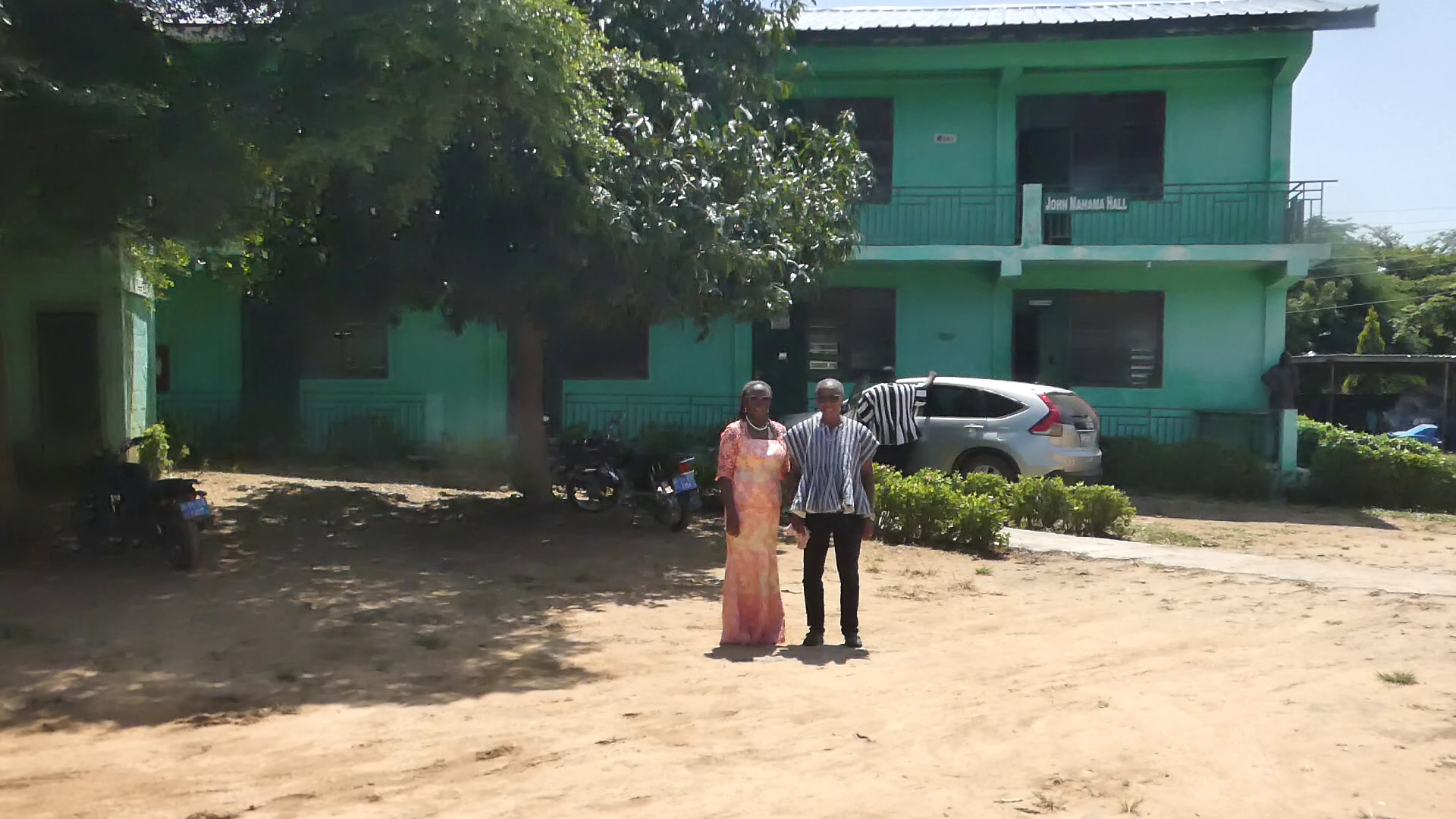
Despite the presence of several local universities in Ghana that have established partnerships with external universities under the Open University Concept, the landscape of tertiary education in Ghana such as MITDS was significantly influenced by Prof. Anamoah-Mensah’s report in 2006. This report challenged Ghanaian universities to transition from traditional on-campus, satellite campus, and distance learning models to Open University Systems.
In response to this call, Prof. Millar and his institution, the MITDS (Millar Institute for Tertiary Development Studies), emerged as one of the first fully Ghanaian-owned institutions to address the recommendations put forth by Prof. Anamoah-Mensah.
MITDS has taken steps to ensure that it operates within a duly composed and functional Council, ensuring transparent governance. Furthermore, the various structures and programs offered by the institute have obtained the necessary Accreditations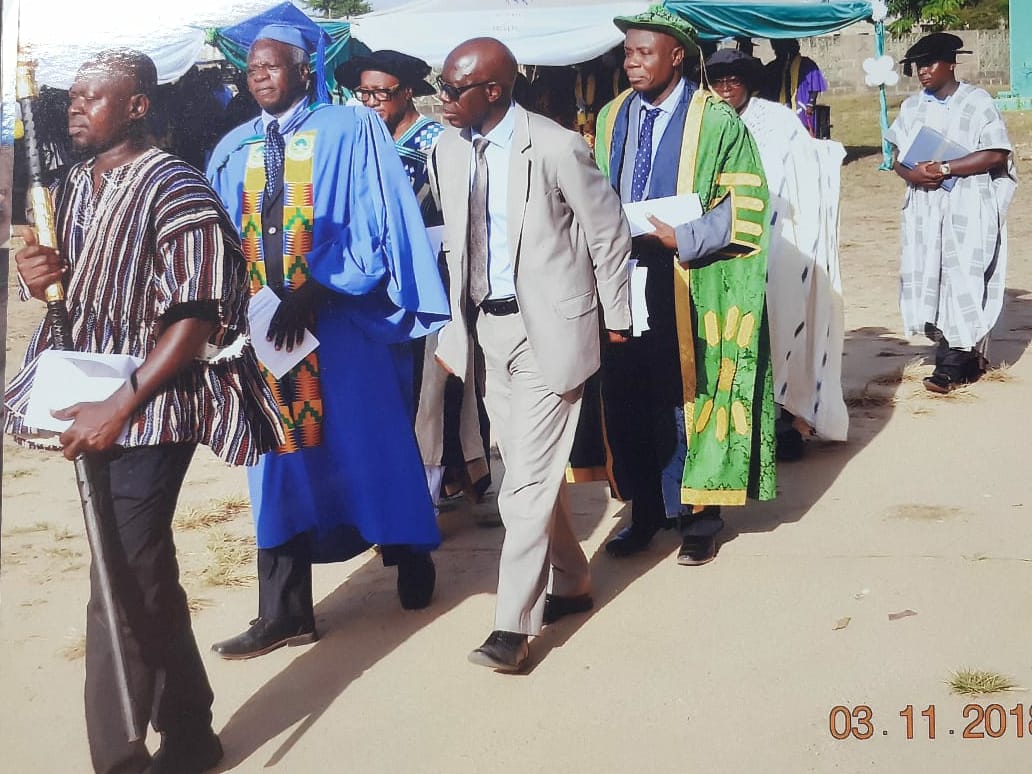
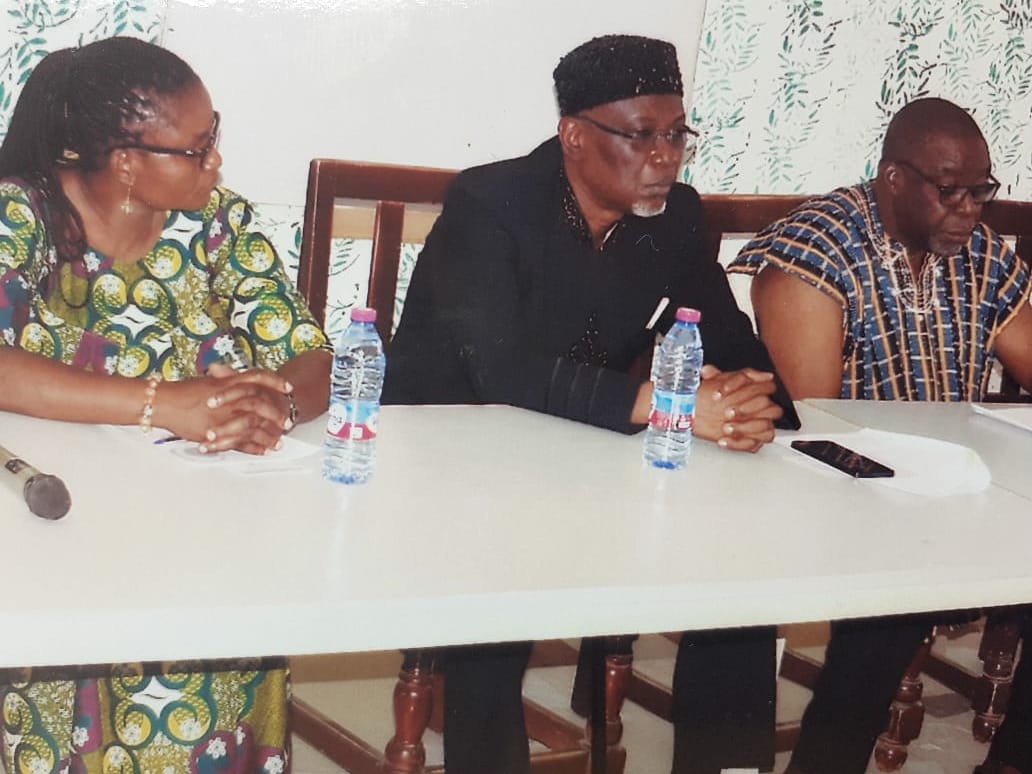
Affiliation of MITDS since inception has always been granted by University for Development Studies (UDS). Hence they have since been awarding the degrees.

Ghana Tertiary Education Commission (GTEC) provided the legal status of institutional accreditation and reaccreditation, program accreditation and reaccreditation, and institutional audits thus far.

In 2014, MITDS was established as an institution. Four years later, in 2018, they held their first graduation ceremony for the inaugural class of students. However, the institution faced challenges in attracting students, leading to low enrollment numbers. According to records from MITDS in 2018, the student population was 105. Out of the total number, 4 students deferred their programmes and 26 were irregular for various reasons. At that time, female enrolment was 30%, which fell short of the school’s target of 50%.
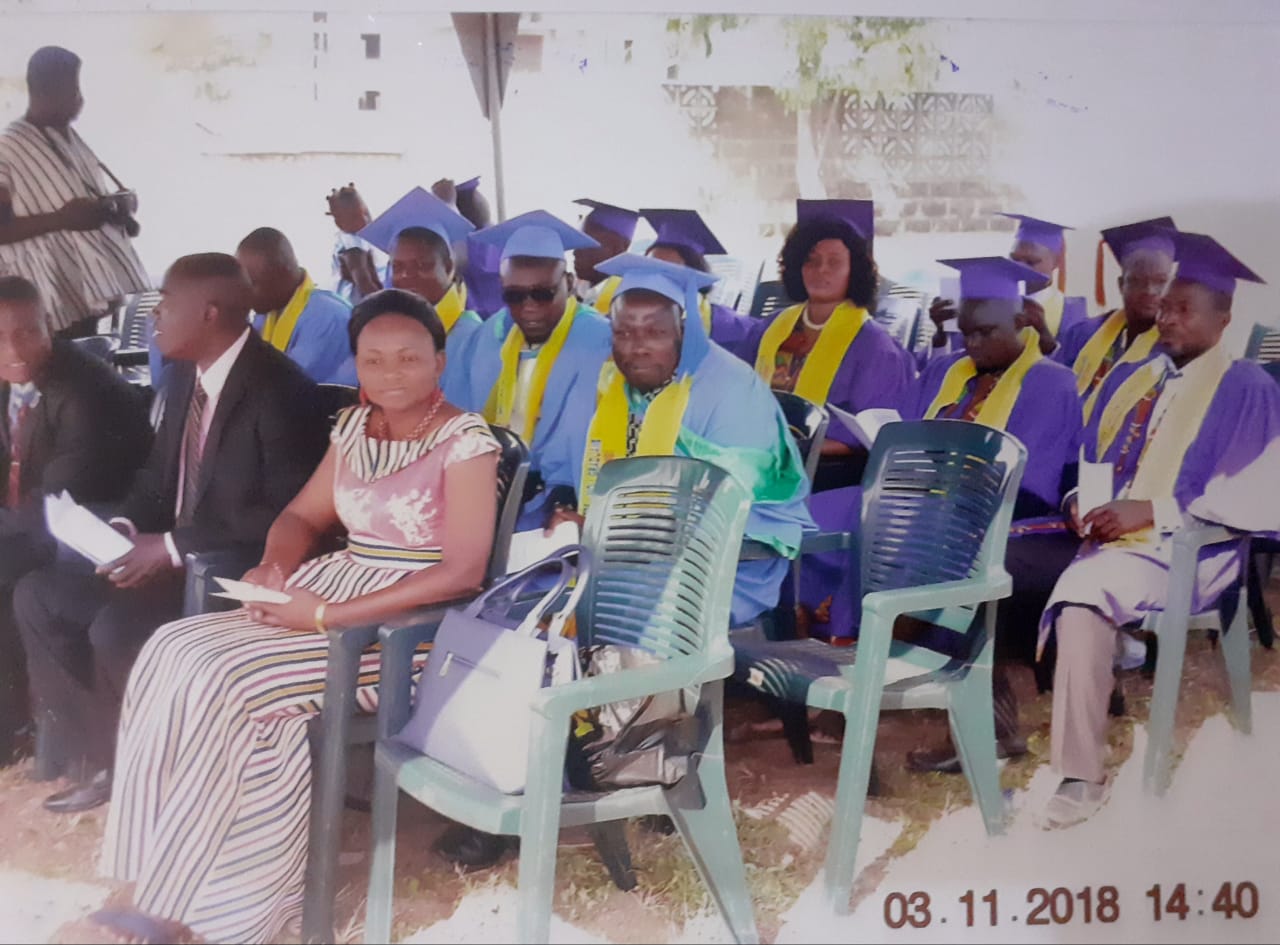
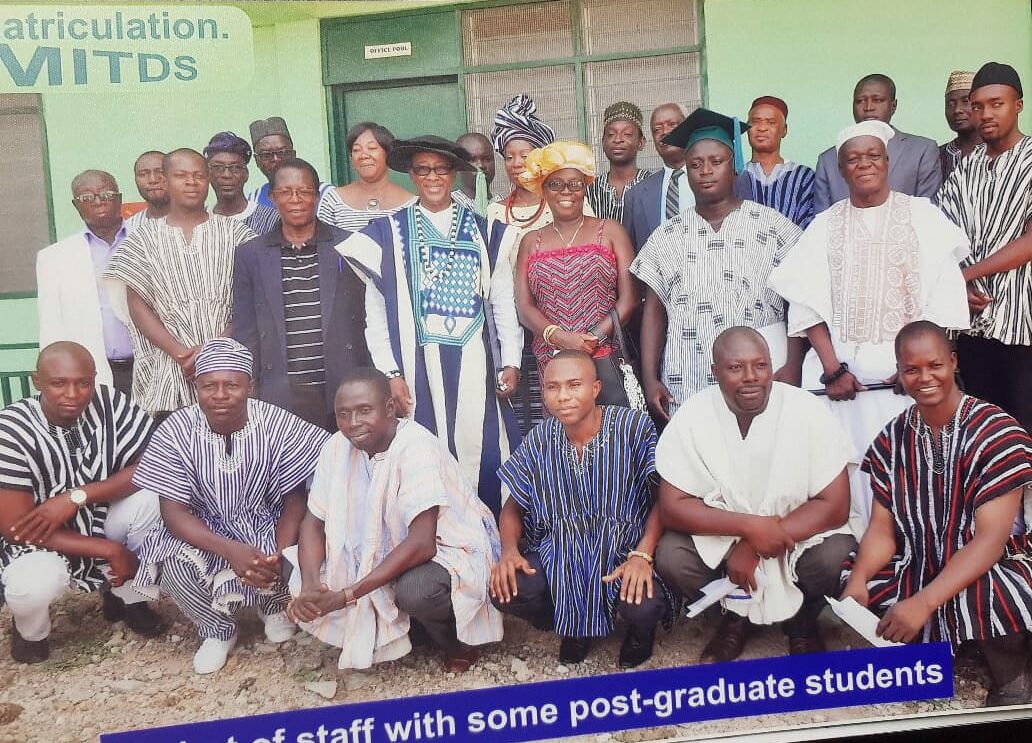
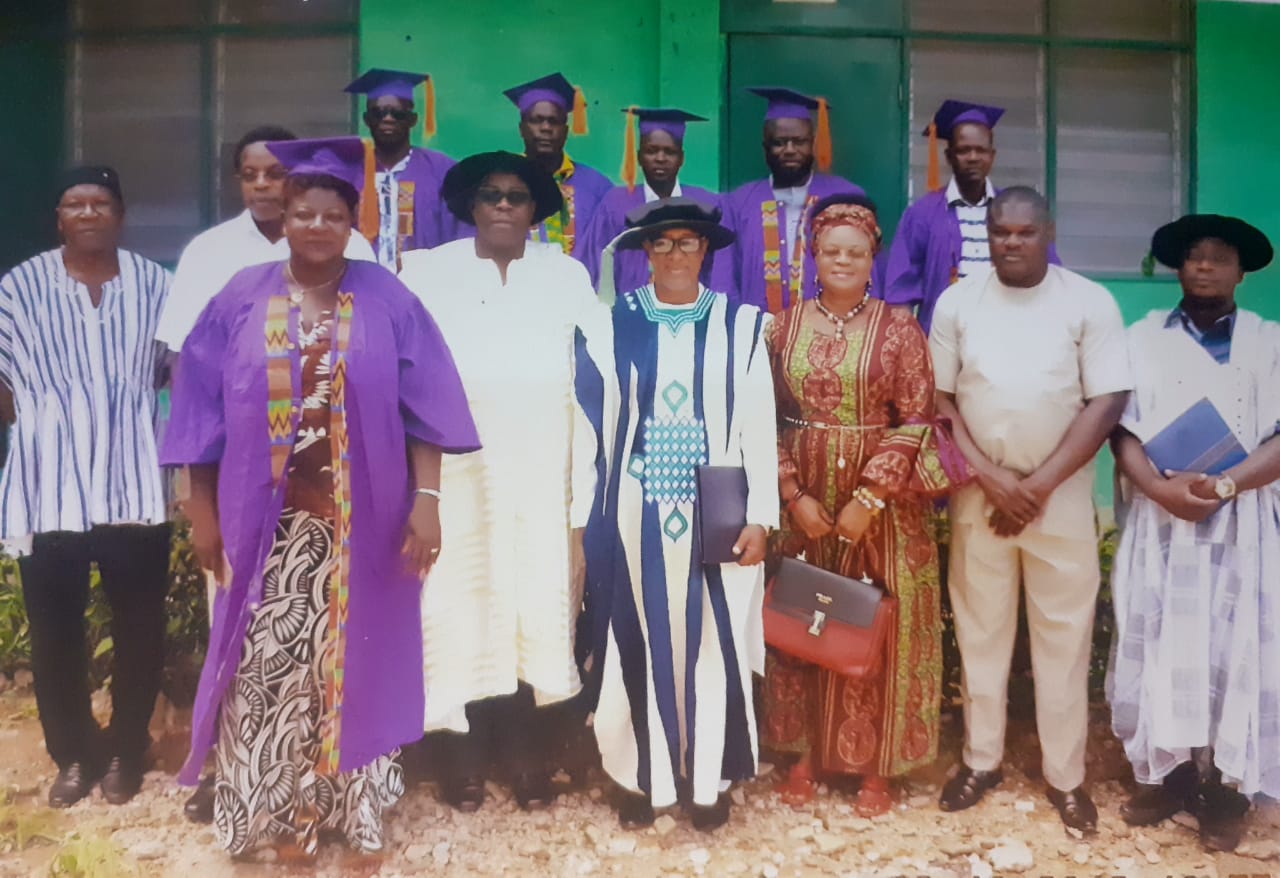
To address this issue, Professor Millar, the head of MITDS, announced during the graduation ceremony that they had made the decision to gradually phase out their undergraduate programs, starting with no longer accepting Level 100 or Level 200 students. This decision was described as a temporary measure, and Prof. Millar mentioned that they would assess the situation and reactivate the program if circumstances improved. Currently, MITDS is focusing on expanding their offerings of Master’s and PhD programs. To further promote research, they also actively pursued research grant opportunities that include scholarships for students.
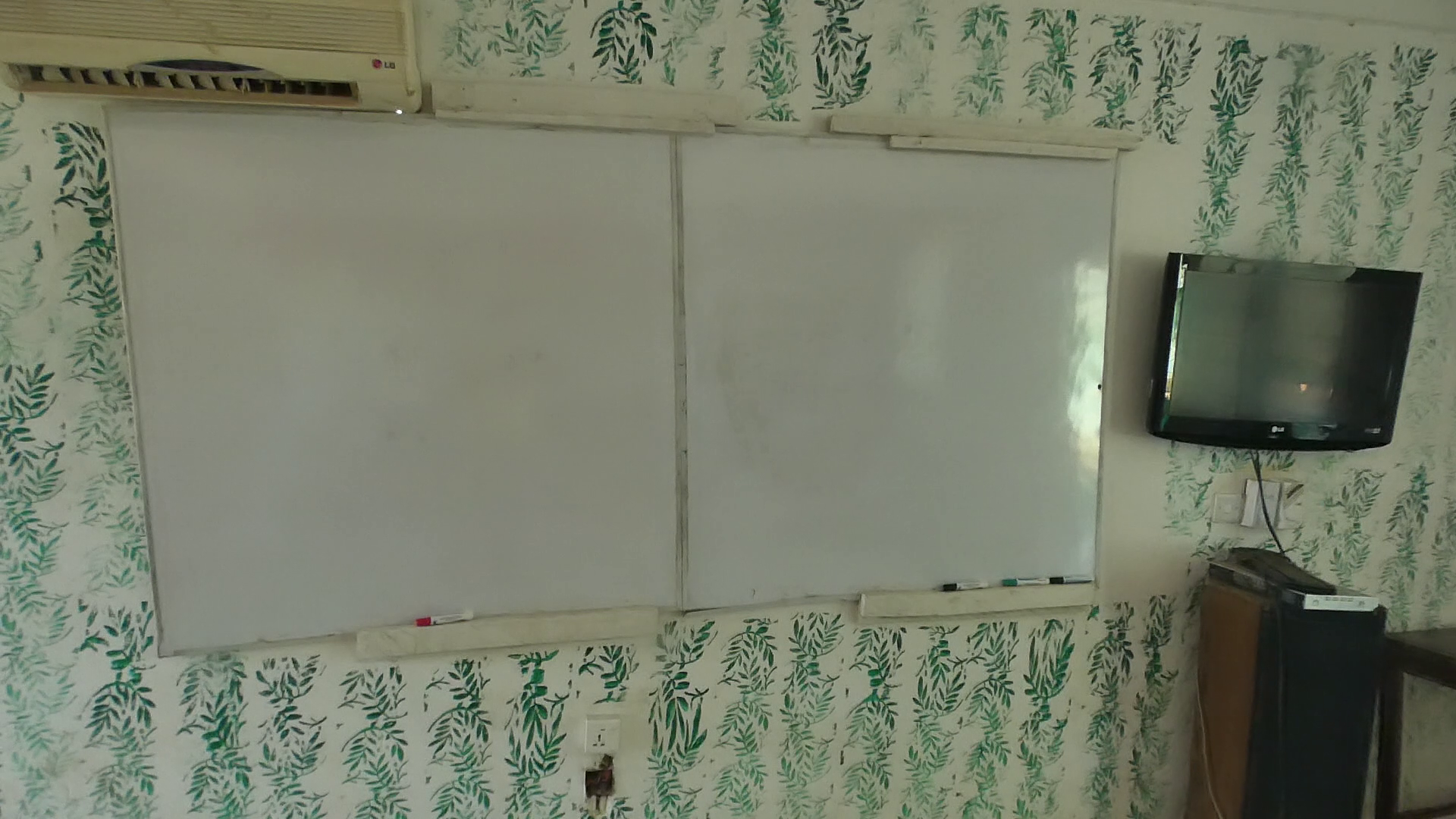
In 2018, Professor Millar enthusiastically announced that MITDS has designed and is now offering Post-Graduate Certificate Courses. These courses were developed in response to the high demand from individuals already employed and seeking career-oriented short courses. As a result, MITDS has introduced a range of six-month Post-Graduate Certificate Courses, including:
– Policy and Strategy Studies
– Information and Informatics
– University Administration
– Advanced Business Administration
– International Relations
– Agri-Business Studies
In 2018, MITDS collaborated with the University of Bern in Switzerland and engaged in a two-year Community-based Sustainable Food Programme in Kalbeon and Gowrie-Kunkwa. Additionally, MITDS collaborated with ECOLAND Germany (BMZ) to prepare for a Diploma Programme in hands-on Organic Farming and Bio-dynamic Agriculture, which was expected to conclude in October 2021. Professor Millar expressed his satisfaction in giving back to these communities, who have been long-standing partners and social laboratories for MITDS. He also promised to continue cooperation with them whenever the opportunity arises.

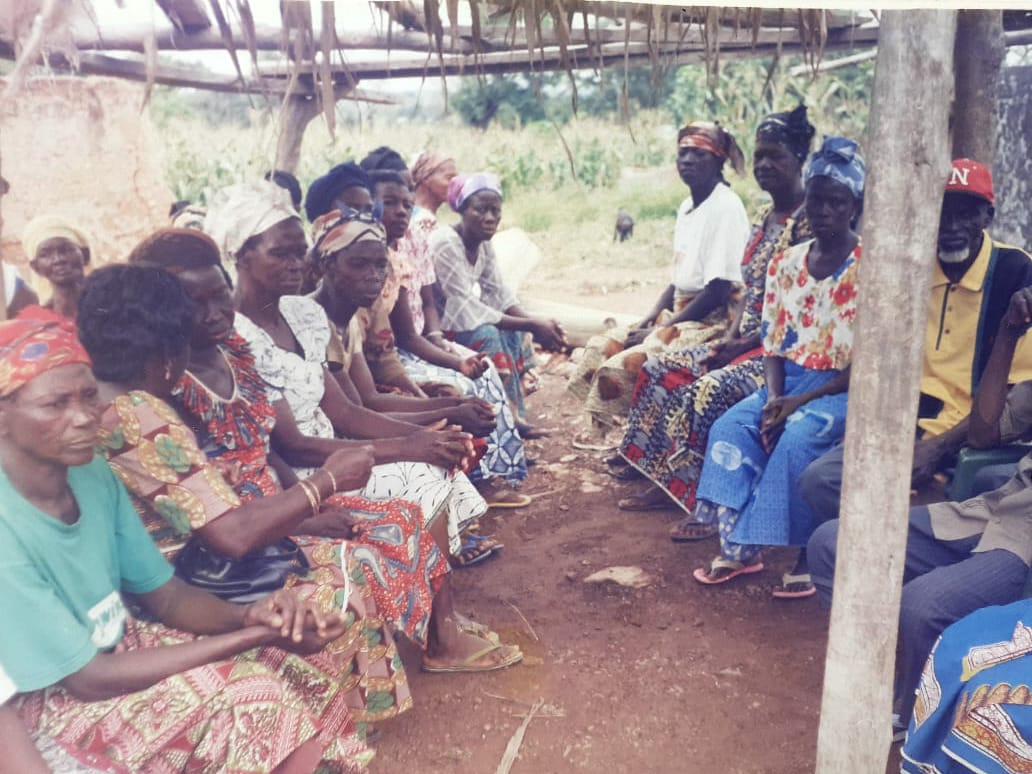
In response to the One District One Factory policy of the New Patriotic Party, MITDS has identified seven potential projects for implementation. We are currently working towards securing buy-ins for these projects. The projects include:
- The GARWASI Project (formerly known as the Grass for Charcoal Project). This project has been expanded to include the development of paper for paper bags and toilet rolls using the same technology.
- Expansion of the Groundnut Sector under Irrigation.
- Transformation of Groundnut vines into organic fertilizer.
- Addressing the challenges posed by Fulani Herdsmen.
- Transformation of the Bolgatanga Meat Factory into a multi-purpose Abattoir.
- Development of the Bamboo plant for the production of matchsticks and toothpicks.
- Linking the Wulugu Ranching project with Nasia Rice Production.
- Establishment of the Pwalugu multi-vegetable Factory.
- Implementation of the Walewale Organic Fertilizer Factor
In 2022, Professor Millar and the MITDS introduced a groundbreaking innovation involving grass.
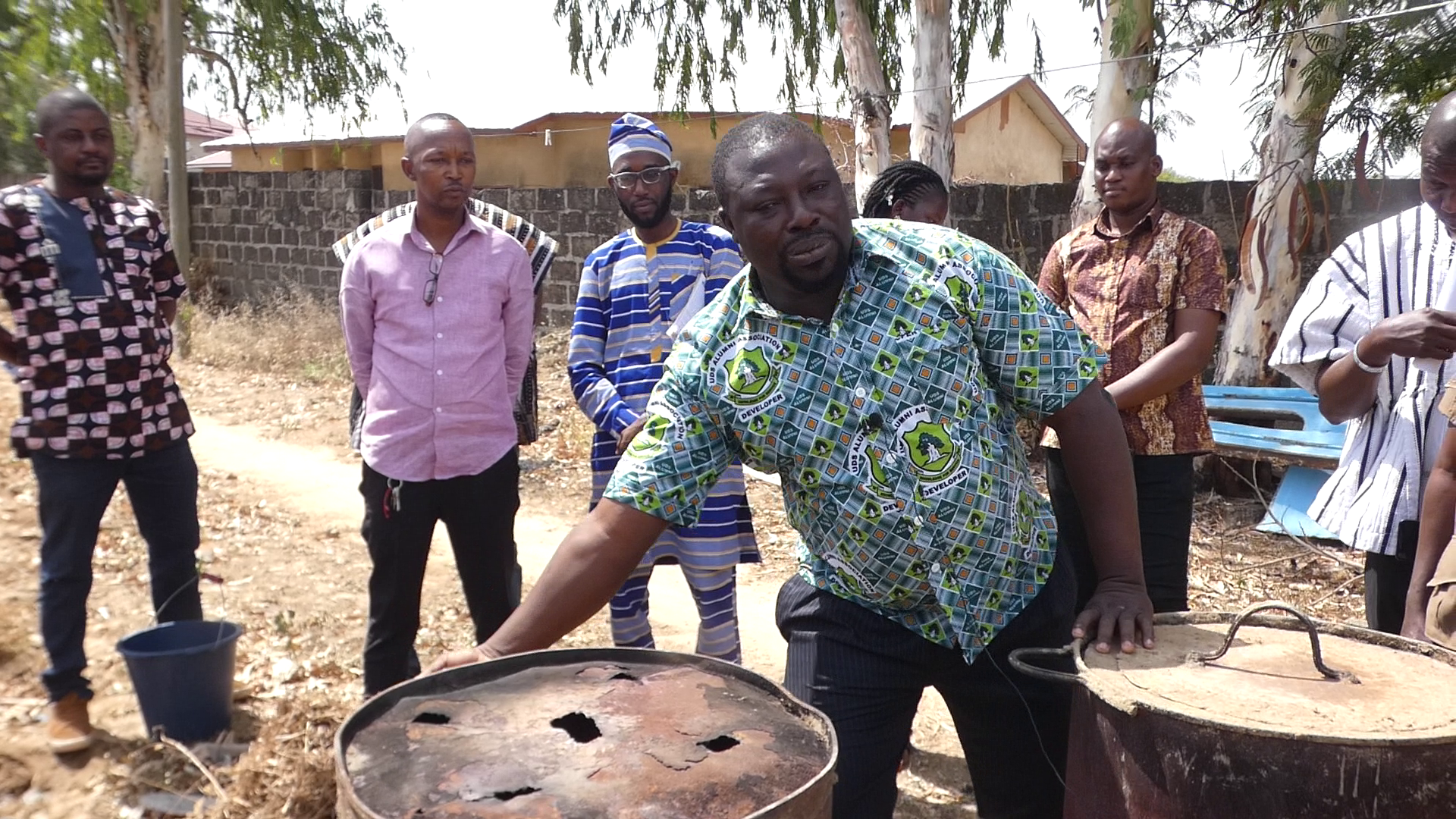

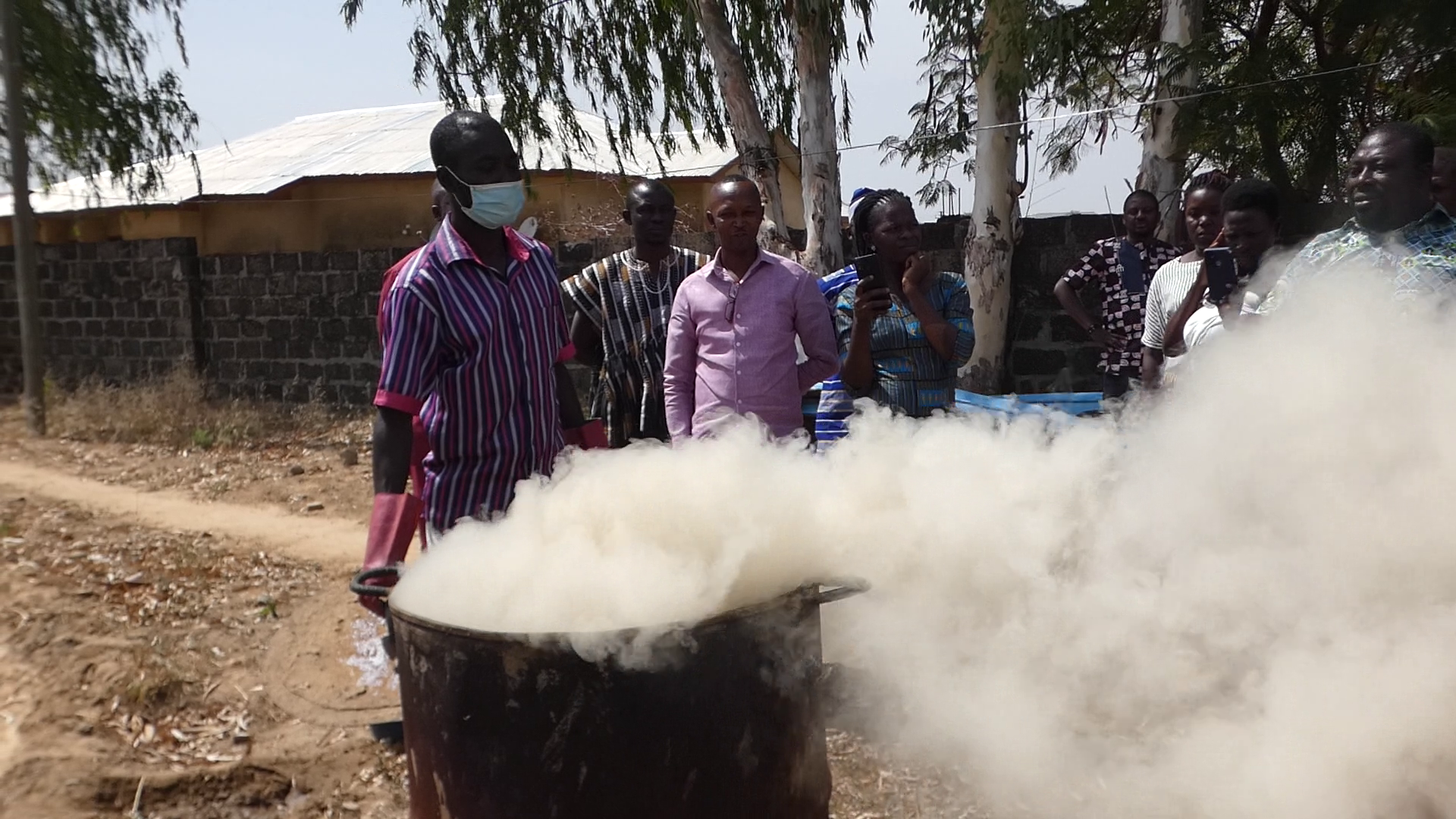


During his graduation speech, Professor Millar announced that MITDS’s flagship program, aimed at promoting a grass economy in northern Ghana has resulted in remarkable accomplishments. These accomplishments include:
– The development of Grass Charcoal Briquette (GARWASI PROJECT), an alternative to tree-charcoal in the pursuit of sustainable renewable energy. This project has garnered attention from the FAO, leading to the signing of a ten-month contract worth Ghs 400,000. This contract will enable the introduction of this technology to five communities on a pilot basis, with the potential to expand to twelve additional communities.
– Another noteworthy milestone is the successful transformation of everyday grasses into brown paper, which can be utilized for various purposes.
In 2018, the school made the exciting announcement that its second and third internal refereed journal, the Ghana Journal for Culture and Development (CULTRAD), had been released for public consumption. Additionally, during that same period, the school published four essential course books, specifically designed for the Masters and PhD programs. These books are readily available for purchase.
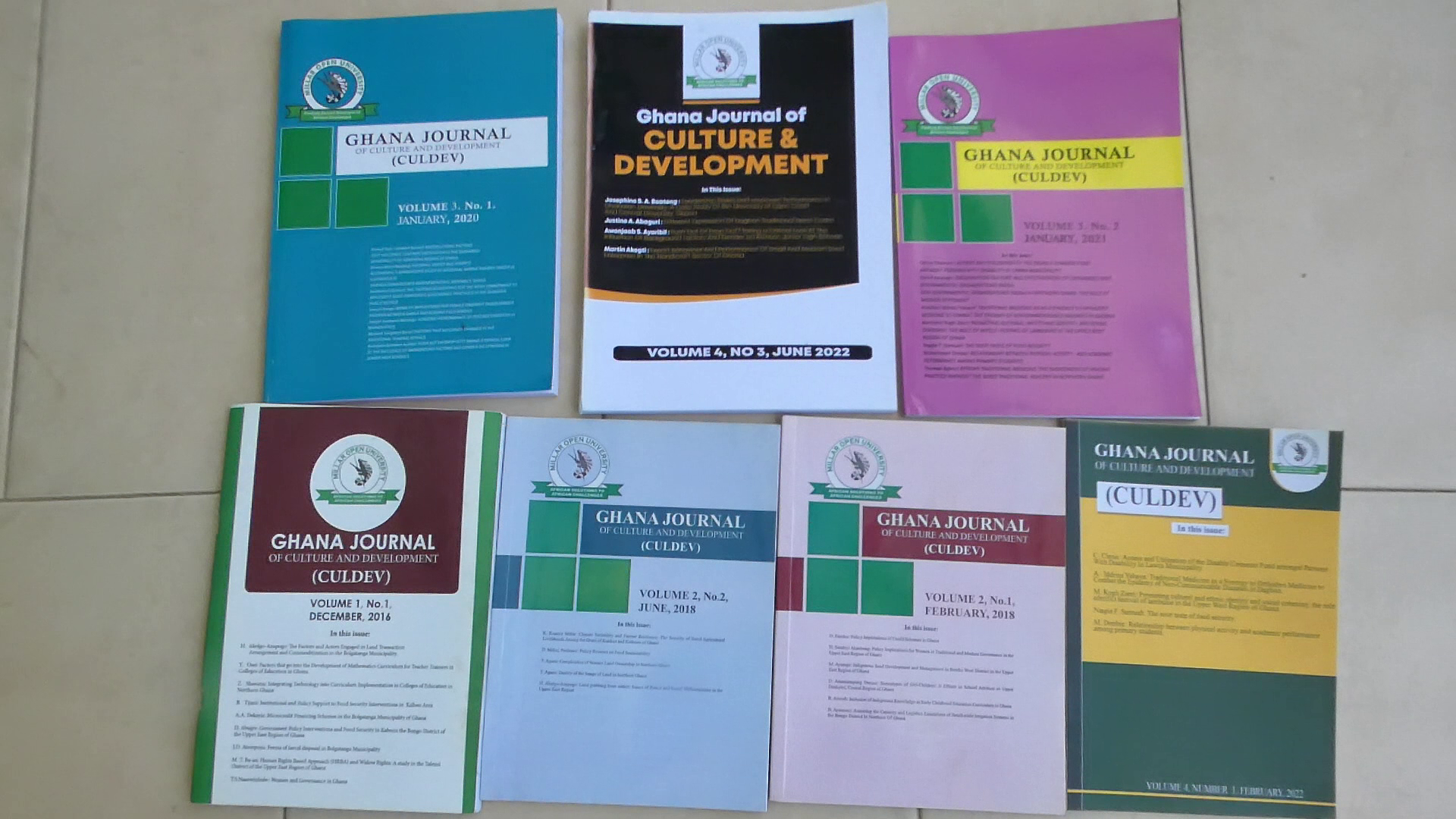
A few years ago, the institute established a unit dedicated to editing, proofreading, and restructuring final post-graduate thesis works, particularly PhD theses, into published books. This process is similar to what is practiced in Europe and other advanced countries. In 2018, the school successfully completed one of these books. Professor Millar stated that this innovative approach adds value to the students’ efforts in writing a thesis and makes the research more presentable for academic visibility. It is an exceptional opportunity to have at least one book published in your lifetime. Therefore, we encourage all post-graduate students of MITDS and beyond to take advantage of this facility.

As at 2022, the MITDS program has successfully conferred degrees to a total of 12 PhDs, 10 MPhils, and 28 BSc graduates.
To provide a breakdown of previous graduations, in 2018, MITDS awarded degrees to 5 PhDs, 4 MPhils, and 11 BScs.
Moving ahead to 2021, MITDS celebrated the graduation of 3 PhDs, 3 MPhils, and 11 BScs.
In the following year of 2022, MITDS proudly graduated 4 PhDs, 3 MPhils, and 6 BScs.

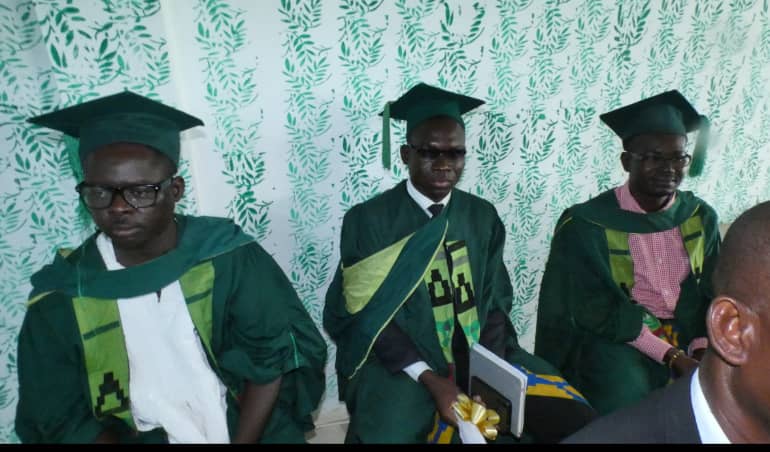

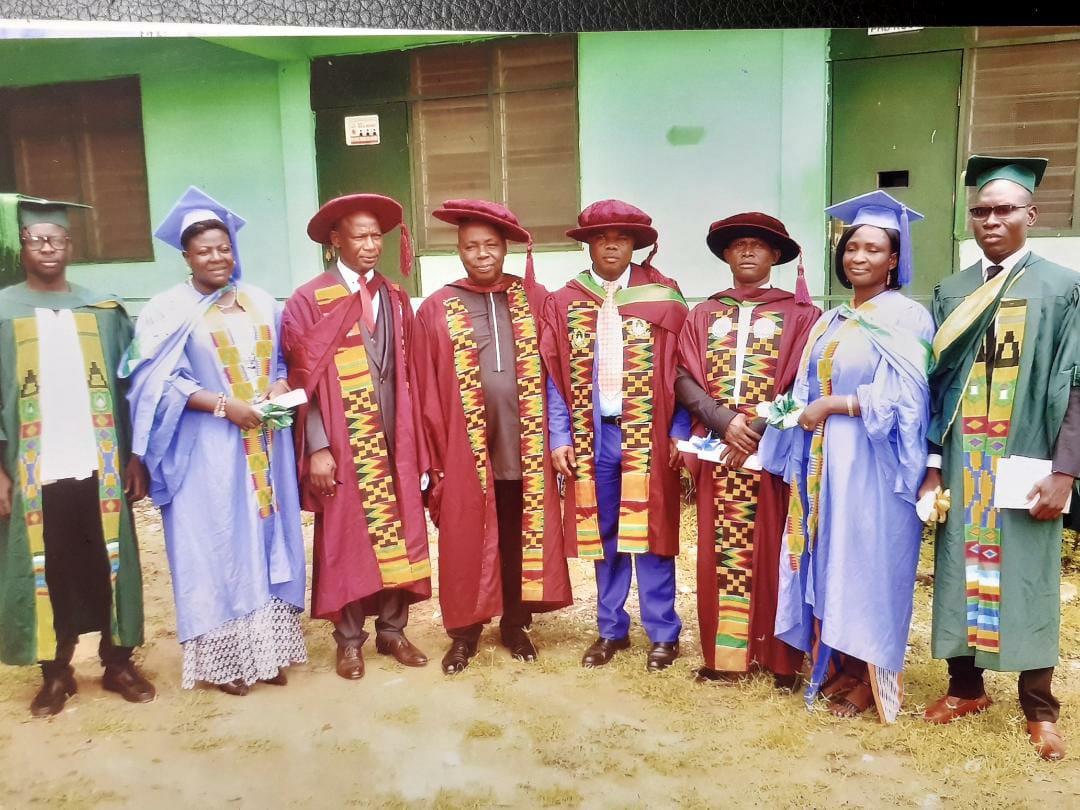
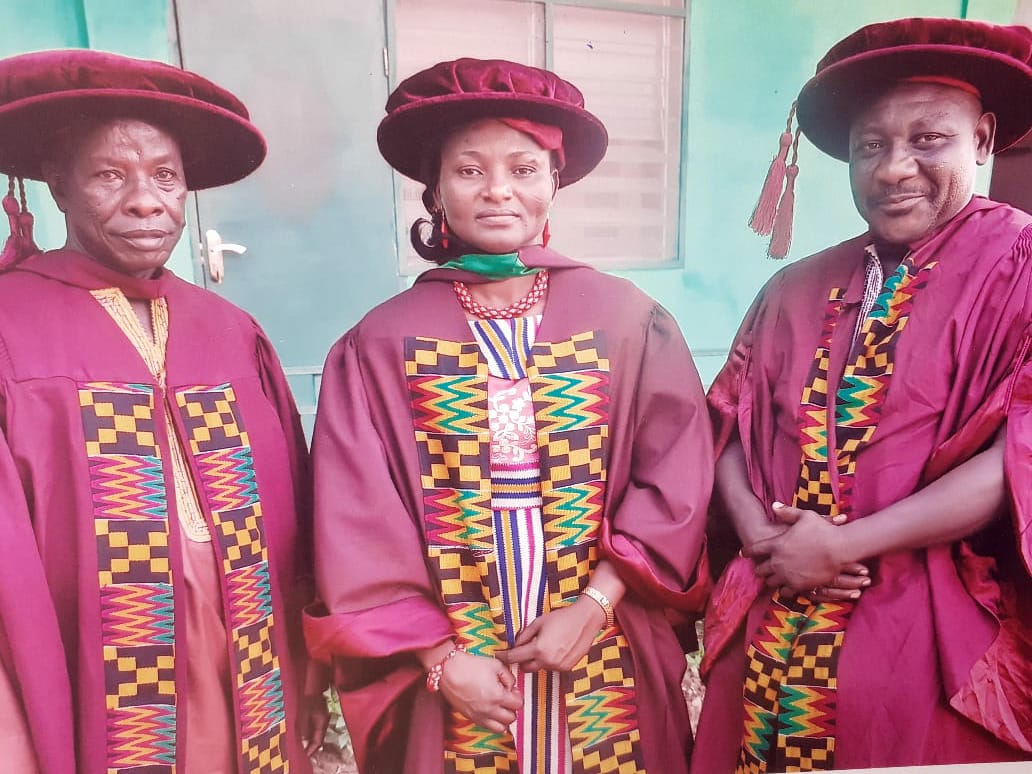
Regarding Infrastructure Development, the school has relied solely on internal funding for all existing infrastructure. Since its establishment in 2014, MITDS has not received any financial support from the Government or dedicated Donor Agencies. Unfortunately, due to limited resources, the construction of a dedicated Library Complex and an Administration Block has been a challenge. Although the designs for these structures are in place, funding remains an obstacle. The school remains hopeful that in the future, the Government or philanthropic individuals will extend their assistance through initiatives like GETFund to help execute these projects.
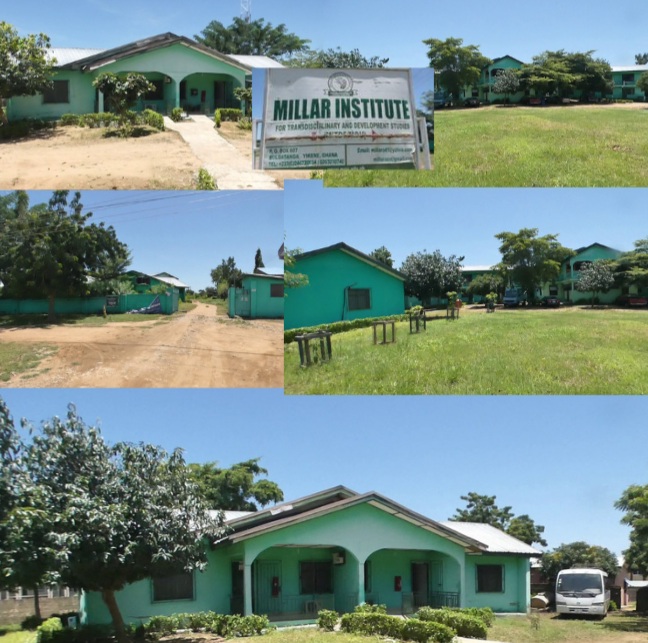
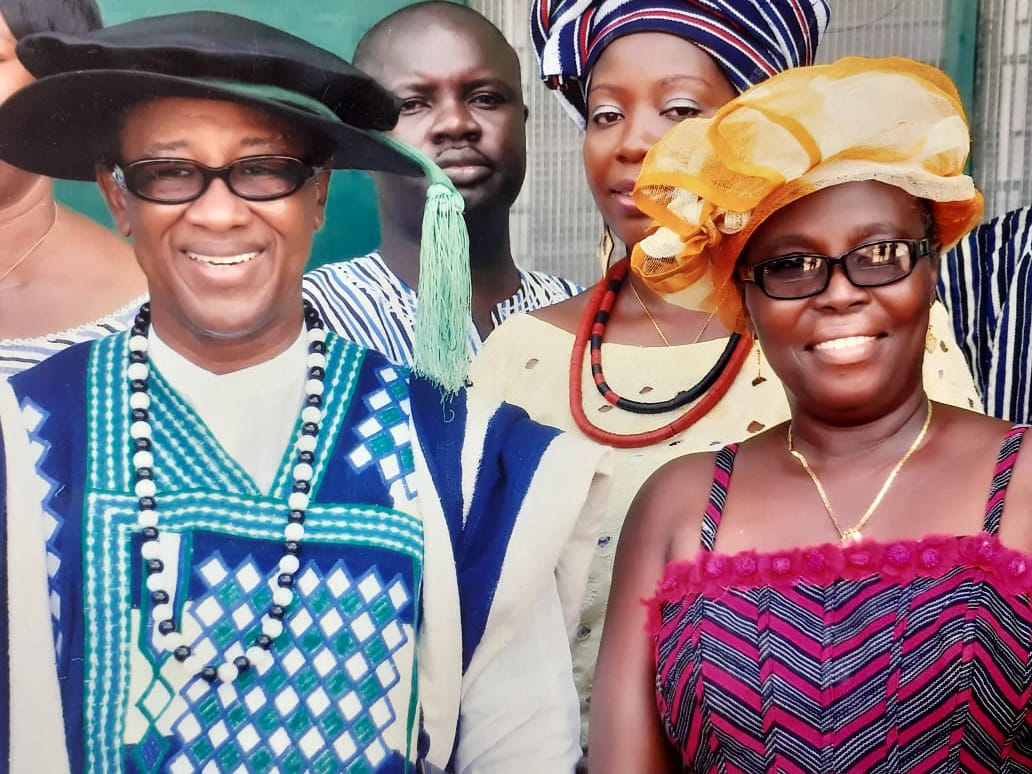
On behalf of the MITDS, Prof. David Millar and his wife Madam. Lydia Mamata Bawah would like to express gratitude to all who were part.
Source: Apexnewsgh.com/Ghana
For publication please kindly contact us on 0256336062 or Email apexnewsgh@gmail.com

